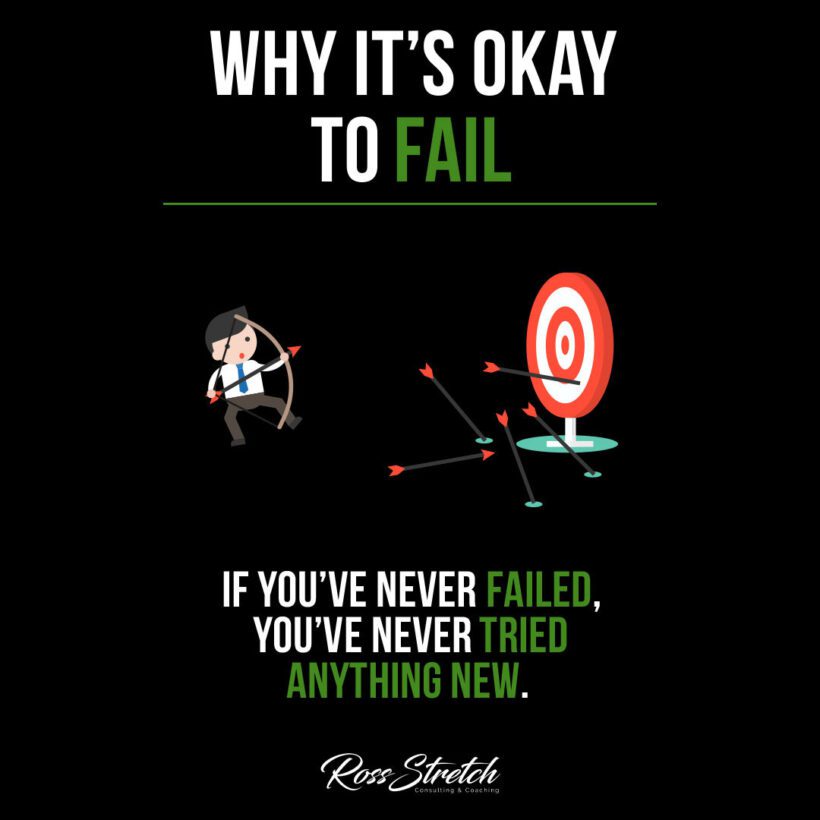Introduction
The fear of failure is a formidable barrier that hinders many from attempting their true ambitions. However, the infographic “Why It’s Okay to Fail” offers a refreshing perspective on the role of failure in personal and professional development. It asserts a powerful message: failing is an integral part of the journey towards innovation and growth.
The Inevitability of Failure in Innovation
Innovation requires experimentation, and not all experiments lead to success. Failure is often the first sign of pushing beyond the known into the uncharted territory of new ideas and possibilities.
Learning from Failure
Every failure carries with it the seeds of knowledge and understanding. Analyzing what went wrong in a failed attempt can provide invaluable insights that lead to improved strategies and future success.
Failure Builds Resilience
The process of facing failure and persisting in spite of it builds resilience. This emotional strength is vital for navigating the ups and downs of any challenging endeavor, particularly in the volatile world of entrepreneurship and business.
The Stigma of Failure and How to Overcome It
Society often stigmatizes failure, which can discourage risk-taking. Overcoming this stigma involves shifting the focus from outcomes to the learning process and recognizing that all successful people have failed at some point.
Failure as a Catalyst for Personal Growth
Personal growth often comes from stepping outside of one’s comfort zone. Failure is a sign that you are pushing your boundaries and expanding your capabilities.
Creating a Safe Space for Failure
Creating environments, be it at work or at home, where failure is seen as part of the learning process, encourages creativity and risk-taking. This can lead to breakthrough ideas and innovations.
The Role of Persistence After Failure
Persistence in the face of failure is what separates those who eventually succeed from those who do not. The ability to get back up and try again is a hallmark of a tenacious character.
Celebrating Failures Along with Successes
Recognizing and celebrating the lessons of failed attempts can encourage a more positive perception of failure. This includes acknowledging the effort and risk involved in pursuing challenging goals.
Conclusion
Failure should not be feared or avoided but embraced as an essential component of the learning process. It’s a powerful teacher, a builder of resilience, and a test of commitment to one’s goals. By understanding the value of failure, individuals and organizations can cultivate a mindset that fosters growth, innovation, and eventual success.


